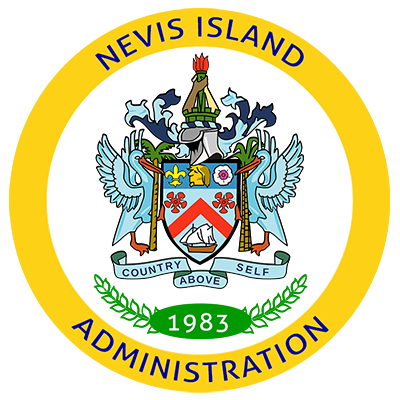Constitution – Chapter 2 – Protection of freedom of conscience
Protection of freedom of conscience.
11.- (1) Except with his own consent, a person shall not be hindered in the enjoyment of his freedom of conscience, including freedom of thought and of religion, freedom to change his religion or belief and freedom, either alone or in community with others, and both in public and in private, to manifest and propagate his religion or belief in worship, teaching, practice and observance.
(2) Except with his own consent (or, if he is a person under the age of eighteen years, the consent of a person who is his parent or guardian) a person attending any place of education, detained in any prison or corrective institution or serving in a defence force shall not be required to receive religious instruction or to take part in or attend any religious ceremony or observance if that instruction, ceremony or observance relates to a religion that is not his own.
(3) Every religious community shall be entitled, at its own expense, to establish and maintain places of education and to manage any place of education that it wholly maintains and such a community shall not be prevented from providing religious instruction for persons of that community in the course of any education that it wholly maintains or in the course of any education that it otherwise provides.
(4) A person shall not be compelled to take any oath that is contrary to his religion or belief or to take any oath in a manner that is contrary to his religion or belief.
(5) Nothing contained in or done under the authority of any law shall be held to be inconsistent with or in contravention of this section to the extent that the law in question makes provisions that is reasonably required-
a) in the interests of defence, public safety, public order, public morality or public health;
b) for the purpose of protecting the rights and freedoms of other persons, including the right to observe and practice any religion without the unsolicited intervention of members of any other religion; or
c) for the purpose of regulating educational institutions in the interests of the persons who receive or may receive instruction in them,
and except so far as that provisions or, as the case may be, the thing done under the authority thereof is shown not to be reasonably justifiable in a democratic society.
(6) References in this section to a religion shall be construed as including references to a religious denomination, and cognate expression shall be construed accordingly.
